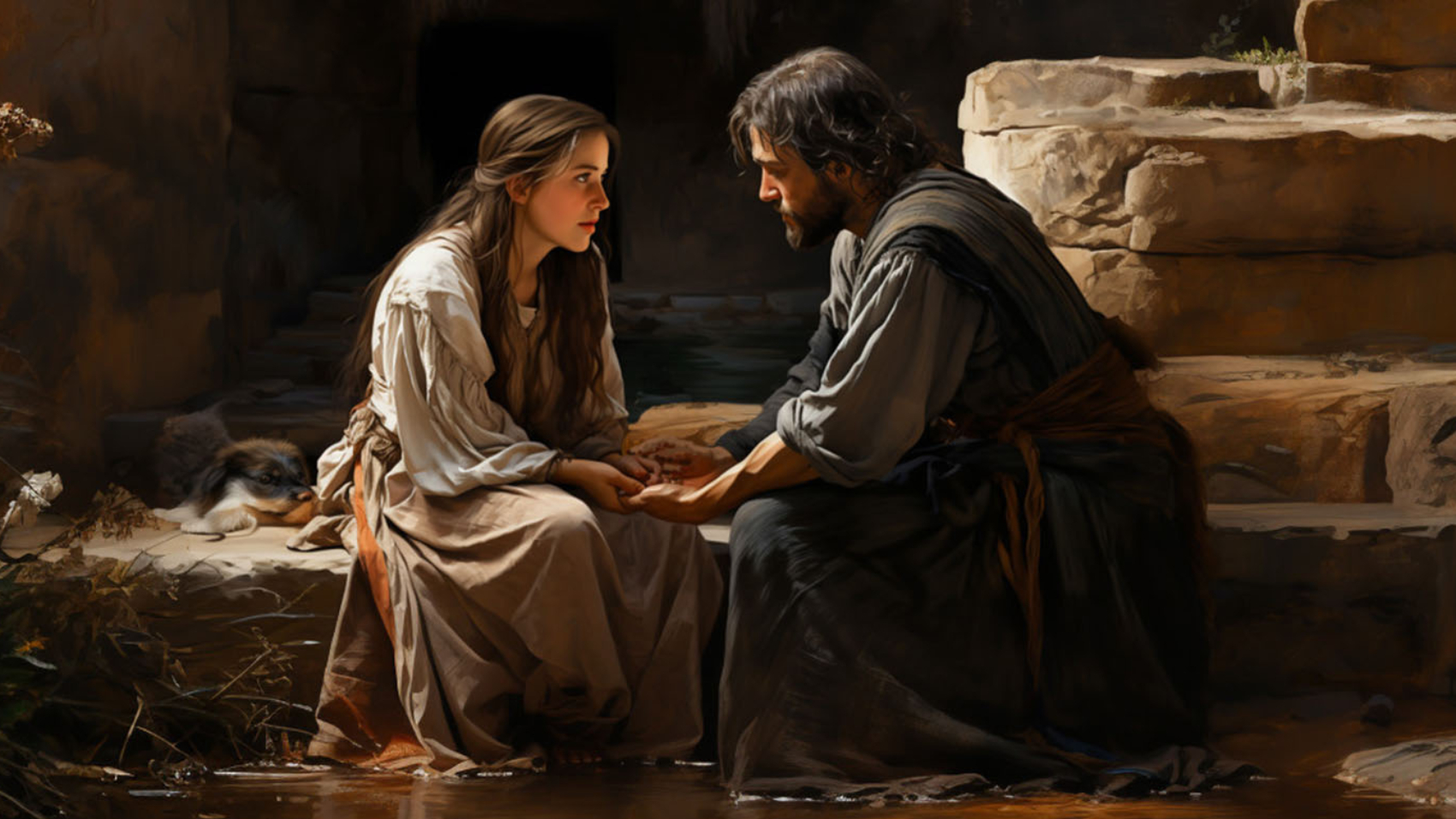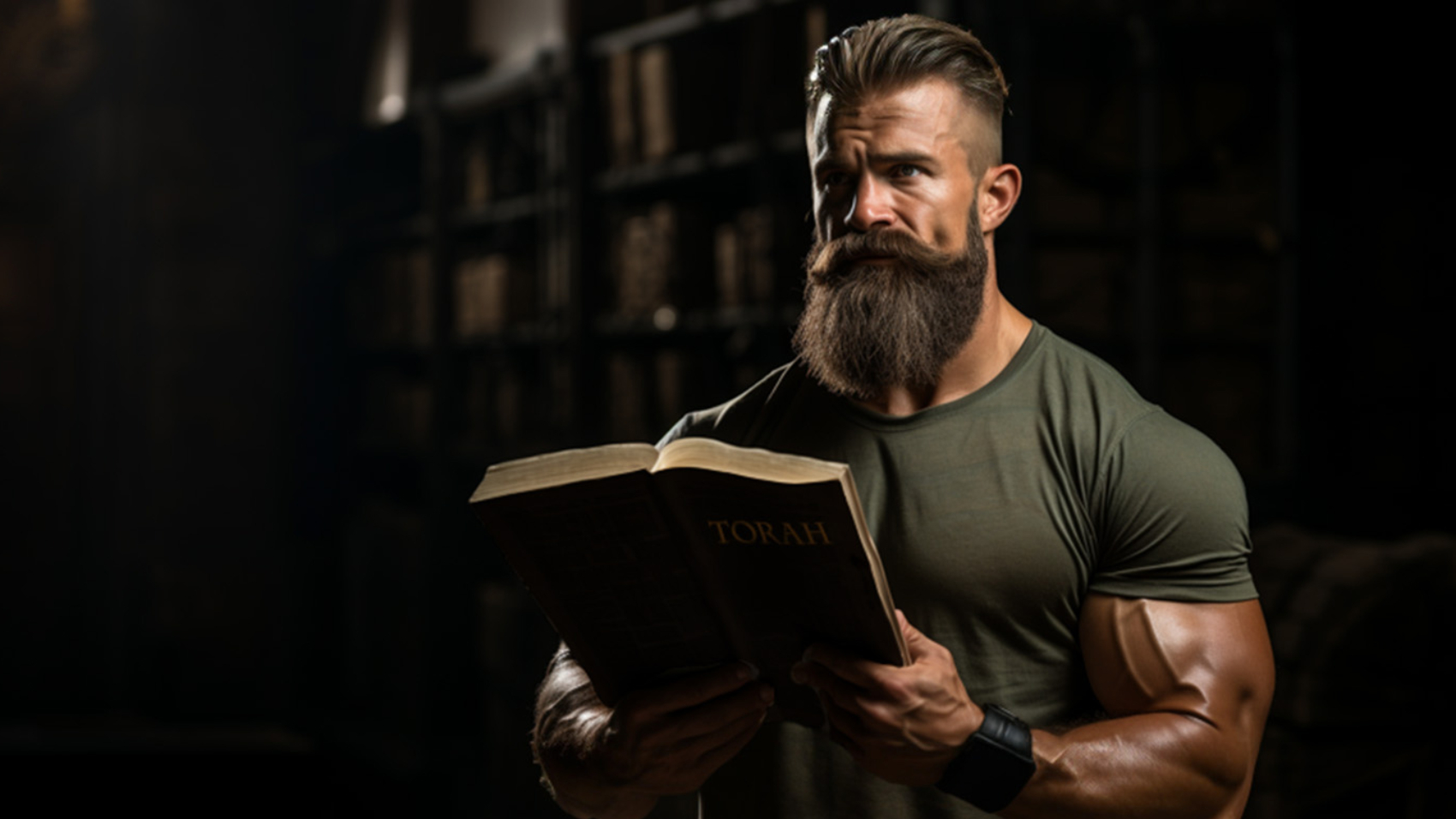We must live in a world whose values and purposes oppose those of our Father Yehovah. Therefore, we should not expect daily life to be easy.
Have you ever felt like a castaway on a deserted island—alone and forgotten? Most likely, you have. And perhaps you’ve wondered whether it’s truly worth walking this narrow path. After all, who enjoys trials? Problems? Misunderstandings? Loneliness? If we could choose, we’d surely pick the easiest troubles—and if possible, avoid them altogether.
But life doesn’t work that way. When we decide to follow Yeshua, we give Yehovah permission to shape our character as befits His children—citizens of His Kingdom, molded according to His ways.
Hebrew tradition tells us that our father Abraham faced ten great tests: leaving his homeland, enduring famine in Canaan, the abduction of Sarah on two occasions, the war with the four kings to rescue Lot, his circumcision at an advanced age, sending away Hagar and Ishmael, and the binding of Yitzḥaq for sacrifice, among others.
This powerful story stands in sharp contrast to much of modern Christian teaching that says, “Accept Jesus and your problems will be over.”
No—problems are not optional for those who follow the Torah. Quite the opposite. We must live in a world whose values and purposes oppose those of our Father Yehovah. Therefore, we should not expect daily life to be easy.
The apostle Shaul expressed it clearly:
Yes, and all who desire to live godly in Messiah Yeshua will suffer persecution.
2 Timothy 3:12
And Yeshua said something similar:
For if they do these things when the tree is green, what will happen when it is dry?
Luke 23:31
This verse refers to the sufferings Yeshua endured because of His zeal for the Torah. Should we, His followers, expect it to be different for us? Will we not also face opposition and misunderstanding?
Yochanan (John) gives us the key to endurance—by turning our focus away from this world and its empty attractions:
Do not love the world or the things in the world. If anyone loves the world, the love of the Father is not in him. For all that is in the world—the lust of the flesh, the lust of the eyes, and the pride of life—is not of the Father but is of the world. And the world is passing away, along with its desires; but he who does the will of God abides forever.
1 John 2:15–17
In summary: From the days of Abraham to the days of Yeshua, the Scriptures testify that those committed to the Truth and to the Torah of Yehovah have always faced trials. Let us not expect it to be any different for us. Instead, let us strive for a place of honor beside those heroes who left their mark on history through faithfulness to Yehovah and His Word. It is the least we can do.






